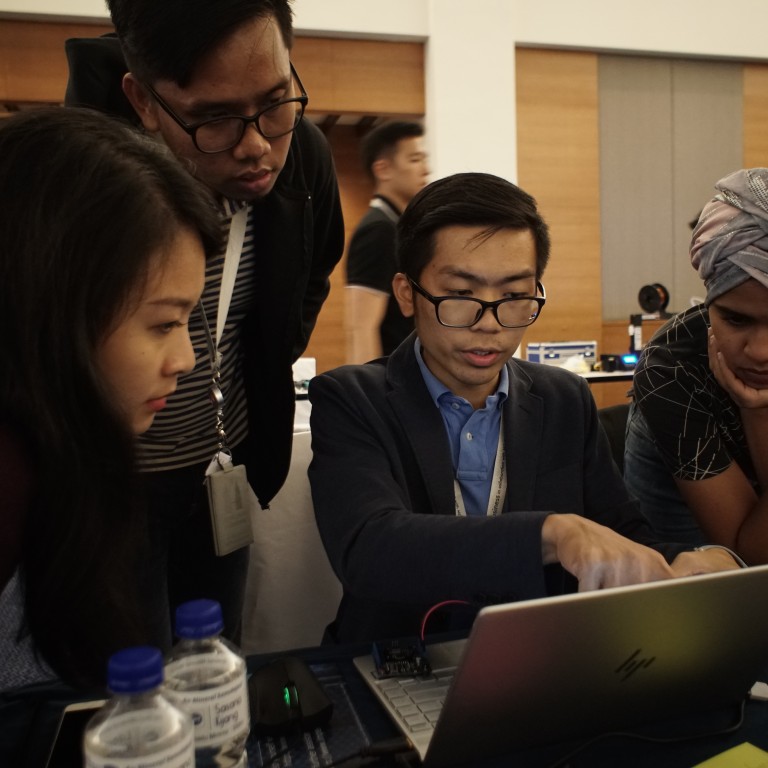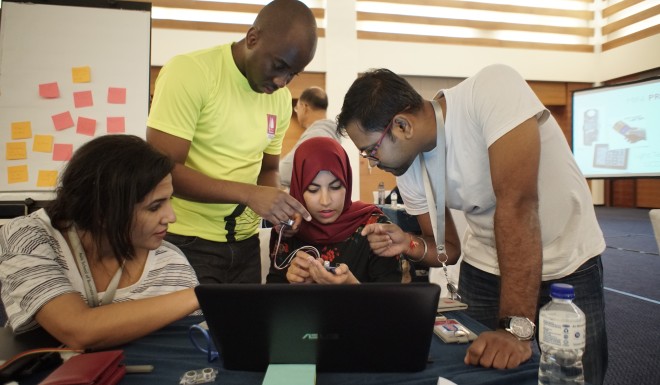
Shaping leaders for Asia’s emerging markets
[Sponsored Article]
Set on expanding its global footprint, a firm casts its sight on the emerging markets of Asia, pumped up with a generous budget and ambitious goals.
But the enthusiasm quickly fades when it finds itself in a bind – a lack of talent. It’s a common tale in developing nations.
They may have the perfect ingredients for rapid growth – a fast-growing middle class and a shift away from manufacturing toward more consumer-based economies – but they are failing to develop and nurture homegrown talent to fuel it.
According to a 2018 study by global organisational consulting firm Korn Ferry, the Asia Pacific region will be short of 12.3 million workers by 2020.This could rise to 47 million by 2030, costing the region US$4.238 trillion in unrealised revenue each year.
The shortage faced is not just in rank-and-file workers, but more critically, in leaders, brought on by an outdated education system that does not provide adequate practical training.
The Asia School of Business (ASB) was founded precisely to plug this gap.
In the words of its founding president and dean, Professor Charles Fine: “ASB was founded in response to the need for highly qualified, industry-ready visionaries and entrepreneurs, to help organisations in the corporate and public sectors take advantage of the abundant opportunities that this Asian-century is offering.”
The world-class business graduate school based in Kuala Lumpur is a collaboration between Bank Negara Malaysia and Massachusetts Institute of Technology’s Sloan School of Management, established in 2015.
Next year, it will open the doors to its new, and permanent, sprawling 20-acre campus in the heart of Kuala Lumpur. This will allow the school to double its maximum class size, which stands at 45.
It could not come at a better time. As China powers on with its Belt and Road Initiative, underwriting billions of dollars of infrastructure investment in countries along the old Silk Road linking it with Europe, it will need leaders to helm projects in these locations.
China will need talent who are adept at navigating the legal codes of emerging markets, who understand not just the country’s language but its ethos. Leaders who are able to communicate with local workers, and lead them to success.
Leaders equipped with technical and practical knowledge
Indeed, ASB’s mission is to produce leaders who not only have the technical know-how to operate within Asia’s business environment, but who are also equipped with practical skills honed through a rigorous 20-month Action Learning programme.
The hands-on programme takes students on five on-site projects with renowned multi-national organisations from around the world, including Johnson and Johnson, Del Monte, AirAsia, Bangkok Bank and Hotel Equatorial, which are among 62 Action Learning partners from 15 countries.
The programme makes up a third of the curriculum and will largely focus on projects in South-east Asia.
It’s a win-win collaboration, where students gain real-life training in problem solving, and Action Learning partners gain fresh solutions to their business problems, or leads for new projects. These companies also gain access to ASB’s research projects.

Cultivating the “reverse expat”
Till today, organisations faced with talent shortages tend to focus on short-term quick fixes, where they bring in senior foreign talent instead of investing in the development of local leaders.
Human resource experts however believe it is time to overturn the strategy, partly because expat managers often find it hard to adapt to local culture, and because it gives local employees the impression that their career progression will be capped.
In 2011, former chief executive and executive chairman of Manpower Group, Jeffrey Joerres, coined it the “reverse expat” strategy, where a local manager is placed at the helm of a Western-based company’s emerging-market business, and rotated through some of the company’s operations in mature markets.
The “reverse expat” will then observe and absorb protocols, processes, and practices, and adapt the developed-market practices to the developing country, he said.
Not only will ASB provide a pipeline of future “reverse expats”, its students are already given such training in school.
In addition to the Action Learning programme, students participate in a four-week immersion programme at MIT Sloan in Cambridge, United States, and a two-week visit to companies within the technology, manufacturing, financial and policy-making sectors.
With a diverse student population hailing from 21 countries in six continents at ASB, students will also be exposed to different cultures, building up their “cultural intelligence”.
According to Deloitte, this is one of six critical traits a leader in today’s inclusive society, the other five being courage, commitment, curiosity, collaboration and cognizance.
Among ASB’s first batch of students, who graduated this March, were 15 Malaysians and 30 others hailing from the United States, India, Pakistan, the Philippines, Russia and Mexico, among others. They also came from various work backgrounds, including banking, manufacturing, aviation, energy, education and technology.
With a host of hands-on training opportunities, a culturally-diverse learning environment and a strong strategic partnership, ASB will no doubt be a fertile breeding ground for Asia’s next business leaders.

